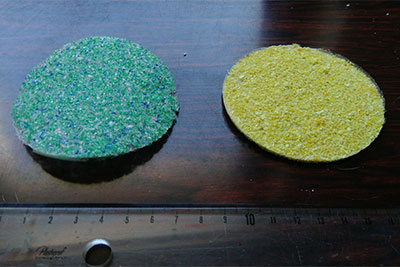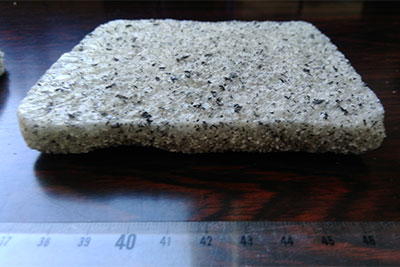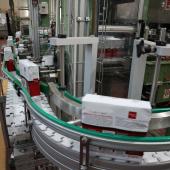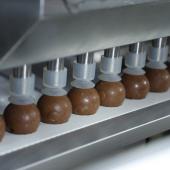A new biopolymer in the fight against microplastics

A product invented and patented by Marco Caniato, a researcher and lecturer at the Faculty of Science and Technology of Bolzano University, has shown great promise in the fight against environmental pollution caused by microplastics. It consists of a biopolymer derived from red algae capable of converting plastic and other inert materials into a foam suitable for use as acoustic and thermal insulation in housing construction, thereby avoiding the release of microplastics into the marine environment.
Working in collaboration with the University of Trieste, he added calcium carbonate to agar-agar seaweed extract (a polysaccharide normally used as a natural gelling agent), then mixed it with the powdered plastic. Plastics deriving from industrial and domestic waste (polyethylene, terephthalate bottles, expanded and foamed polystyrene) were chosen to represent the microplastics most widely present in the marine environment.


After gelling, the samples were frozen at -20°C for 12 hours and finally freeze-dried to remove water. The end result is a porous material that can be used as a substitute for insulators such as rock wool. But it is not only the product that is eco-friendly, as the manufacturing process involves recycling the water collected after defrosting at the end of the freeze-drying process.
“Tests have confirmed that the product has excellent insulation properties and can easily compete with traditional insulators such as rock wool or polyurethane foams,” explains Marco Caniato. “We have demonstrated that a cleaner, sustainable approach can be used to recycle marine waste and create an environmentally friendly and economically viable material for use in construction.”.



















